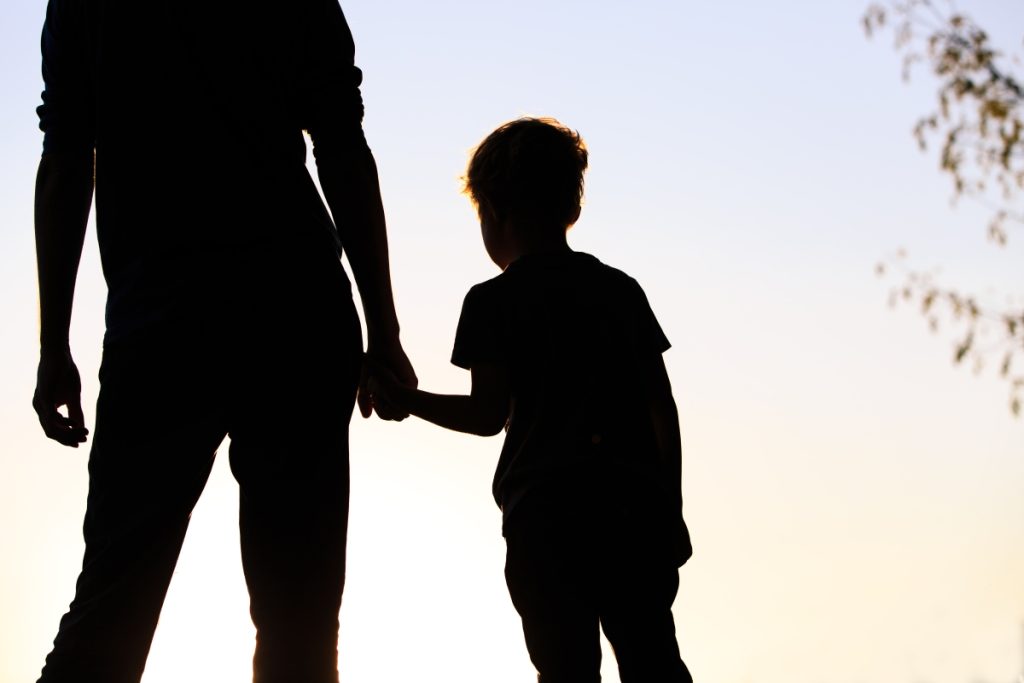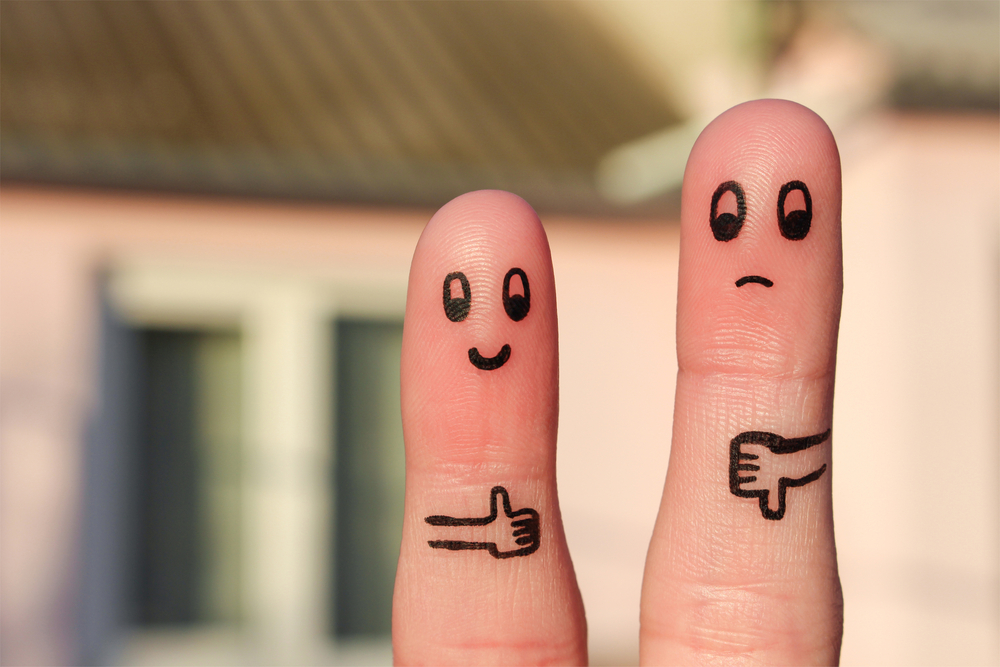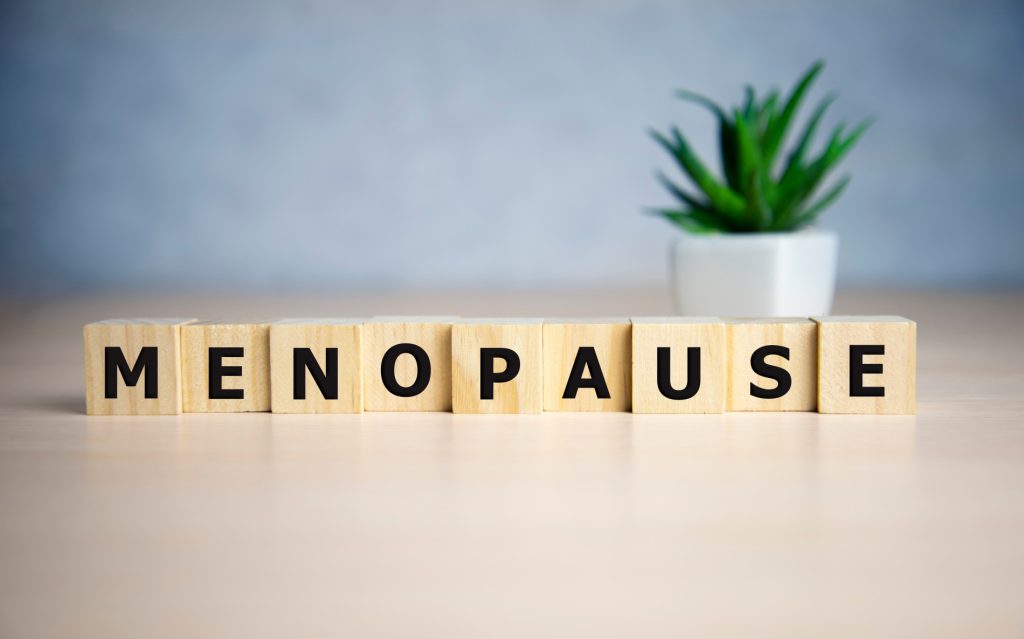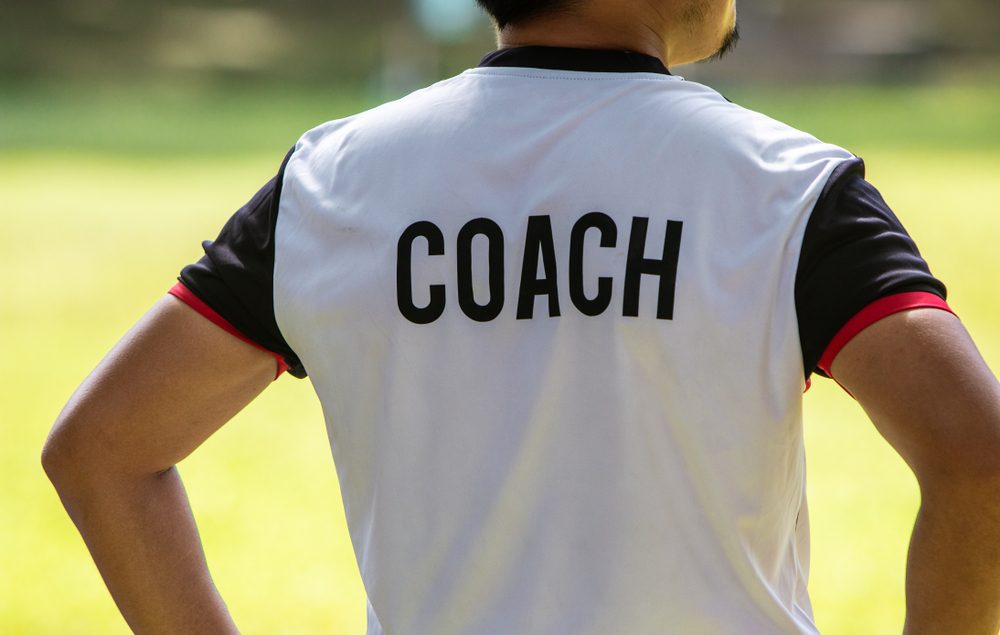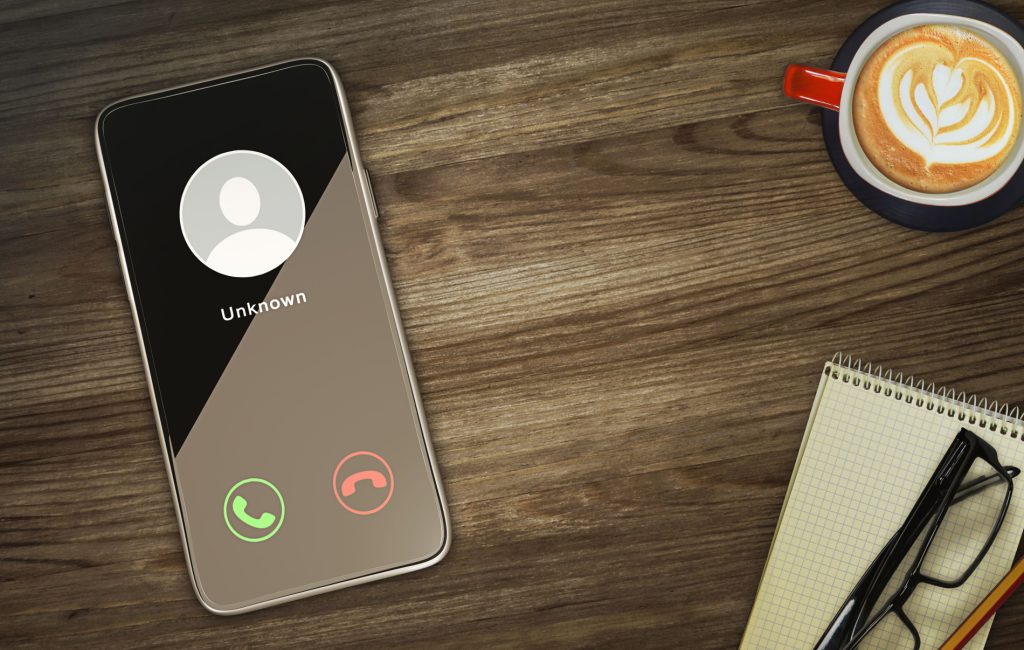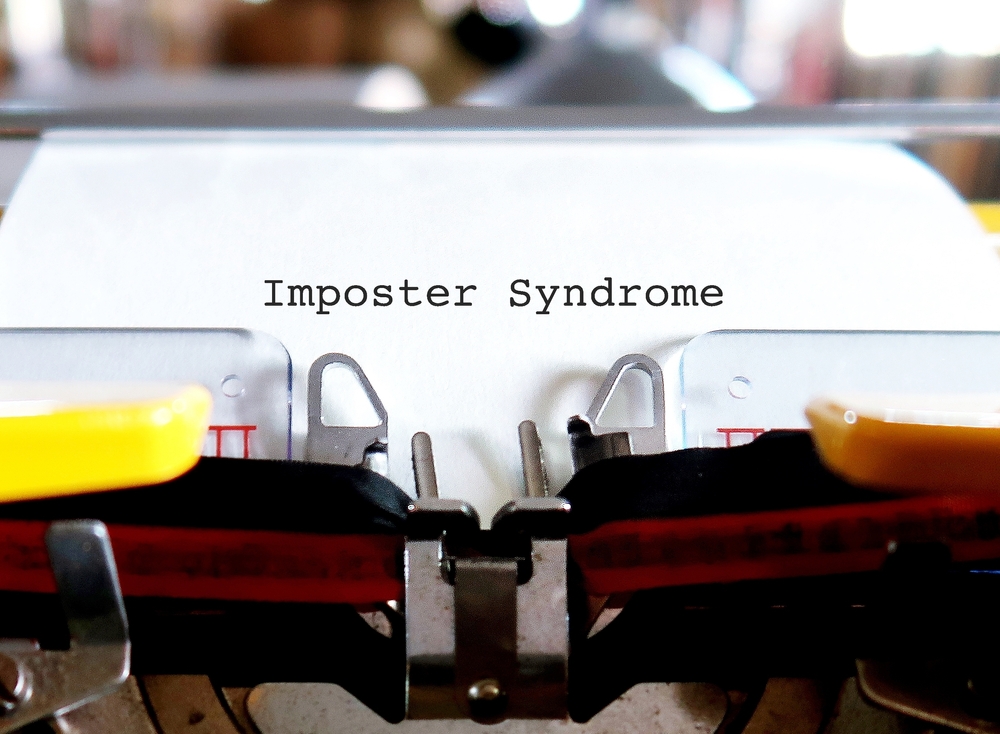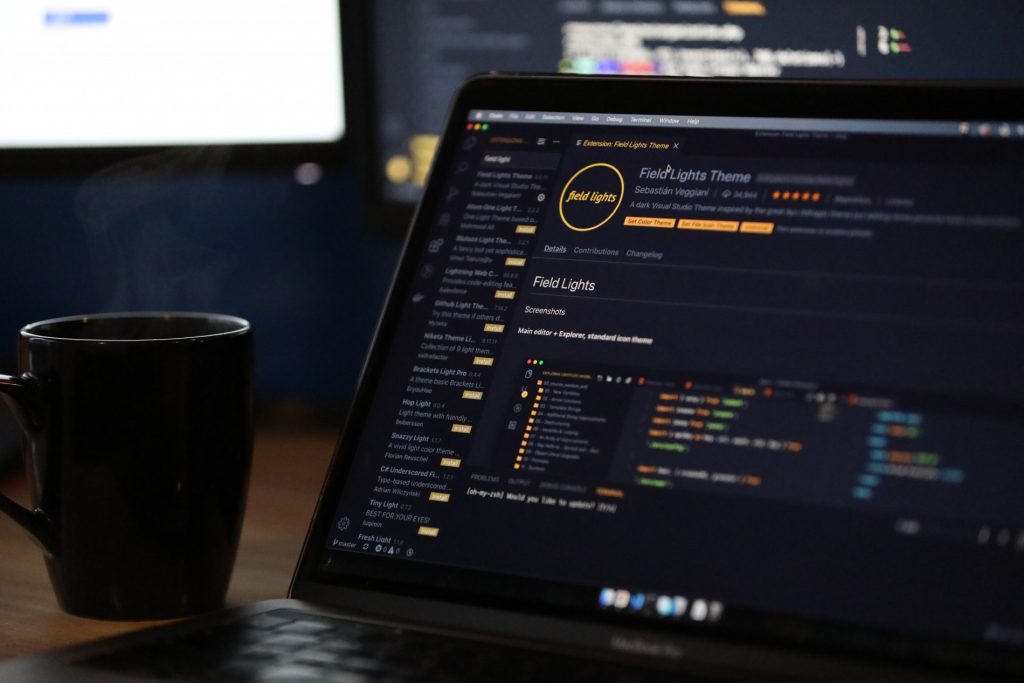Unless we want another wave but of a different kind, we need to talk about the mental wellbeing of our staff
Tracing the similarities that COVID and mental health issues can have on the wellbeing of workforces.
Our social media platforms are generally set up so as to provide us with memory pop ups, and photos and images from the archives silently and unexpectedly slipping into our feeds reminding us of where we were and what we were doing – 5 years ago, 2 years ago and so on. Flashbacks to birthdays, weddings, family milestones, a digital collection of moments that allow us to reminisce and ruminate. In the coming weeks we will be reminded of what was happening in our lives this time last year, and though we all have our own experiences it is likely there will be a shared theme.
The experience of a pandemic, lockdowns and an uncertain unknown was a first for our generation. Soon, images will come from this time. Insightful posts reminding us what to no longer take for granted. Shameful photos of people fighting over toilet paper, memes that made us laugh and graphs with scary curves. And so here we are one year later, and though it would be naïve to believe that we are back to our old normal, we are not post pandemic and we may well never be, but we are hopefully post panic. However we have been impacted by this past year, we all have our own narrative. For some it has been a year to reflect on new priorities, for others it was about just getting through it, one day at a time.
They were the best of times. They were the worst of times.
When I returned to work this year, I wanted to spend more time having better conversations, and more impactful discussions. Enough of the small talk, I want to know and understand more than what is just on the surface. So far, in doing so, I have discovered a collective opinion that what will count this year, beyond the social distancing and talk of vaccines, is that our mental health and that of those around us should be at the forefront of our minds. Whilst further waves are (hopefully) unlikely, many are predicting a wave less visible but no less insignificant.
Twenty years ago I can recall quite specifically taking a phone call from a candidate who was ringing to tell me he was declining a job offer because he was dealing with a relatively new diagnosis of depression. For some unknown reason I remember the call quite clearly and I know I was taken aback by his honesty over something that at the time seemed so deeply personal. He was vulnerable at a time when vulnerability was not considered to be so widely accepted, back then it was not the buzzword that it is today.
This memory came back to me a month ago when I was interviewing a candidate. In short, she was explaining to me the reason she left one of her jobs, she needed some time out of the workforce to deal with some underlying anxiety and depression. She talked openly and candidly about this time in her life. On balance she was an excellent candidate for the position and I presented her to the client being transparent with them about the candidate’s history. The candidate was successful and is enjoying her first few weeks in her new role. I’m not sure how I, or my client, would have handled this situation twenty years ago. Would I have been as educated and as understanding? Would I have known what to say and how to best represent the candidate without discrimination and would my client have been as open and willing to work with me on this?
How far we have come in twenty years and yet how far we have to go.
When it became evident that Covid-19 was not going to be a fading news story, and Scott Morrison led his first related press conference, I remember sitting on the sofa beside Schadd. I began to feel a rising sense of mild anxiety. Having previously experienced anxiety after undergoing fertility treatment and then during a complicated pregnancy, I knew the importance of getting on top of it, lest it get on top of me. Despite Schadd’s calm reassurances, the thought of running a business, remote working, keeping staff safe and emotionally well, the prospect of my family getting sick and the terrifying prospect of having a grade one child learning from home were the thoughts that had the power to derail me. I went and saw a psychologist, a decision I’m immensely comfortable in sharing.
The mental health toll of the pandemic is far reaching and there are numerous reports and studies done to confirm that impact is significant. An increase (25%) of calls to Lifeline and Beyond Blue have previously reported a 40% spike in support needed.
As we move forward, our employers, leaders and managers need to be creating an environment free from any perceived stigma associated with mental health. Empathy and understanding for existing staff who reach out and for new employees commencing in roles and candidates applying for jobs. With the inability to travel, our requests for leave decrease and our annual leave accrues. With remote work arrangements in place the line between work and life are blurry and burnout, physical, emotional and mental is peaking. If we want productivity and performance from our people then it is our role to provide them with the resources they need. This extends beyond great inductions, training and support and it starts with having honest and tougher conversations without discrimination and judgement.
If we can speak openly and freely and be attentive to the potential underlying and lingering impacts of the past year only then we can look to 2021 with cautious optimism.
